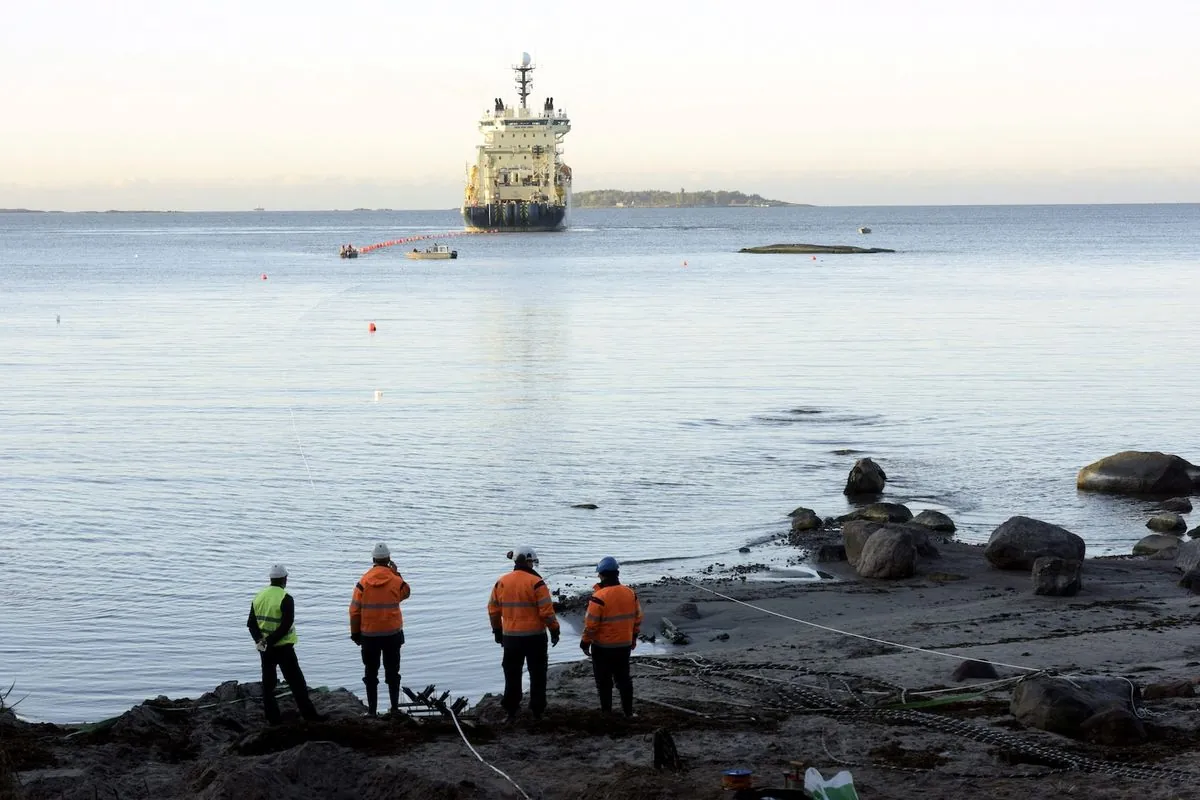In a troubling turn-of-events two under-sea data cables in the Baltic region stopped working on Nov 17-18; connecting Sweden-Lithuania and Finland-Germany (which are vital for regional communications)
The timing raised eye-brows as nearby Finnish nuclear plants went offline at the same time. Boris Pistorius German defense chief quickly called it sabotage: dismissing anchor-damage theories. Its worth noting that similar incidents happened in these waters before - including the still-unsolved Nord Stream pipeline case from couple years back
There is a risk of seeing everything one way in a hall of mirrors
The situation gets more complex as Russiaʼs presence in Baltic waters has grown since Sweden and Finland joined NATO last year. Their survey-ships often move near western infrastructure; while shadow-fleet tankers (not following standard rules) cruise through these waters
Cable experts point out that most under-sea damage comes from regular accidents like:
- Dragging anchors
- Fishing trawlers
- Construction work
- Natural causes
Getting real proof will take time - forensics cant start until the cables are pulled up for fixing which might need weeks. The incident happens as European leaders work on new defense plans against what they call Moscowʼs hybrid-activities
The case shows why back-up systems matter. Salonius-Pasternak notes that having many data-cables creates needed safety nets - even if its not cost-effective short-term. This whole thing proves that critical infrastructure needs more protection than just hoping nothing bad happens
